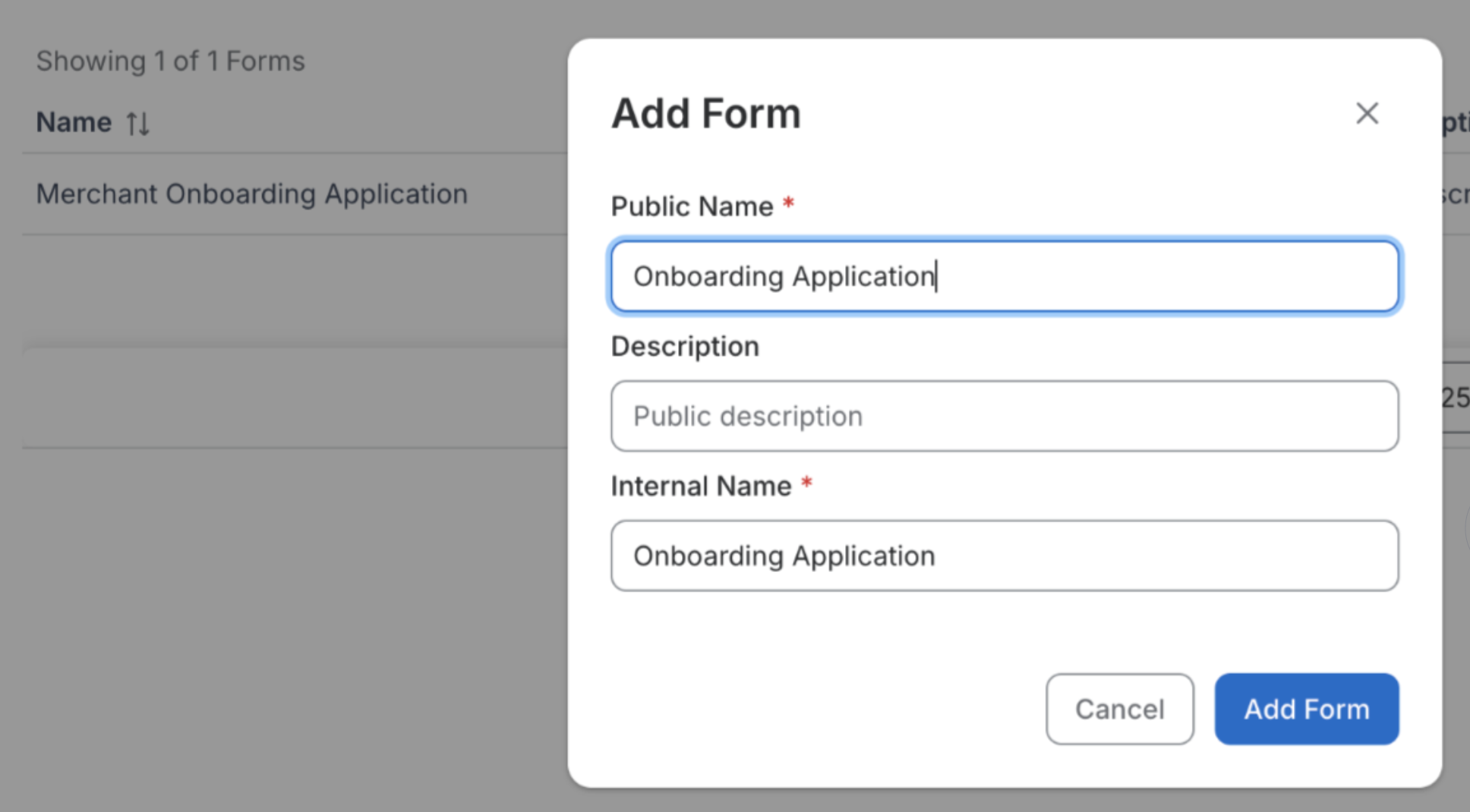It’s no secret that we are currently experiencing thelongestbull market in the history of the United States. Unemployment is at astructural low of 3.5%, wages are growing, and the S&P 500 is at an all-time high. Knowing that all good things come to an end, it behooves businesses to make sure they have a plan in place to navigate a recession when it eventually occurs. Positioning your company to expand in a recession is difficult. If you’re not able to grow, you can still weather the storm by protecting your bottom line and be a step ahead when the economy rebounds. Outsourcing support to the right provider can help your team getahead of the inevitable challenges in a recession.
The top benefits of outsourcing support before a recession hits
When we eventually face a recession, many companies will have to downsize as they are faced with balancing their growth targets& operational goals against harsh economic realities. A key challenge navigating a recession is knowing where the bottom is and how deep it will cut. How many customers are going to go out of business? How many customers are going to unsubscribe or downsize their relationship with you? How long will the recession last? Many companies that survived 2008 learned that every dollar counts, and every body counts.
Making thoughtful changes while times are good can make it easier to balance growth with cost management when a recession hits.There are two critical benefits of outsourcing support ahead of a contraction:
1. Cost Management: Using an outsourced support provider can align your cost structure with your revenue, effectively transitioning a fixed cost into a variable cost that scales down in a recession.
2. Strategic Focus: In the uncertainty of a contraction, your full-time employees should be focused on doing their best to grow your business and making strategic product decisions, while an outsourced support company can focus on customer support and retention.
Making the decision to outsource support
Outsourcing support for the first time can be a daunting prospect. Some traditional companies and industries have a long tradition of using service providers while others are new to the game. For example, banks offer many products and services to their business customers including merchant services, treasury management, lending, corporate advisory, and among others. For some of these solutions, banks utilize third party service providers that receive a cut of the revenue for supporting that customer. While a bank might be good at selling a business loan or business checking account,it might not be good at selling or servicing point of sale solutions ore-commerce gateways. By working with an outsourced support company that can provide a comprehensive white-label service across these different products,the bank is actually set up to deliver a better customer experience and can avoid having a long list of 800 numbers on their website that point to multiple third-party providers.
Common questions we hear when speaking about outsourced support:
"My product is too complicated to outsource support"
Companies that do a good job at outsourcing support understand how their product is supported along different tiers. For instance,Tier 1 (outsourced company) can be positioned as a directory that can also troubleshoot basic questions, escalate issues to the appropriate tier/team, and cover 24/7 inbound for chat, phone, and emails. Tier 2 (outsourced or not) can be the product experts that understand both the frontend/backend and are reserved for high priority issues that are not common. If a majority of your issues are "tier 2" and high touch, it might make sense.
"How do I keep the outsourced support team informed on updates and product builds?"
When outsourcing support, your primary objective is to find a company that can be an extension of your team. I always tell companies to steer away from the "throw-it-over-the-fence approach"to see what catches. Depending on the complexity of your product, it's important to start with weekly stand-ups, quarterly reviews, and have a good dual-knowledge base that's ever-growing and can be shared across both teams.It's also extremely important to structure your agreement according to success metrics that are mutually agreed upon.
"I don't want to lose my brand’s look and feel"
This really depends on the size of your company. If you only have a few hundred customers, then yes it will be difficult to keep the "Mom & Pop" look and feel. If you have a few thousand customers, then it’s easier to segment your customers, so the top paying customer gets the most attention when needed. You can also spend more time making sure your support provider is a true extension of your team vs just an outsourced vendor.
"I'll have no visibility into how my customers are interacting with the support team"
A good outsourced support provider should have a technology platform that gives you full transparency into their interactions with your customers. The ideal partner can actually give you insight into common challenges and product needs to help grow your business and improve the customer experience.
Boomtown’s platform and services provide transparency and insights into your customer experience across all your products. Learn how our software platform uses machine learning and knowledge delivery to improve the outsourced support experience for you and your customers by visiting www.goboomtown.com.
.svg)



